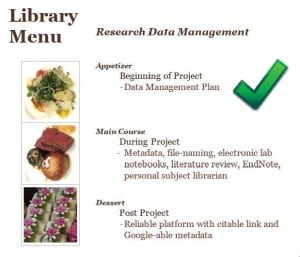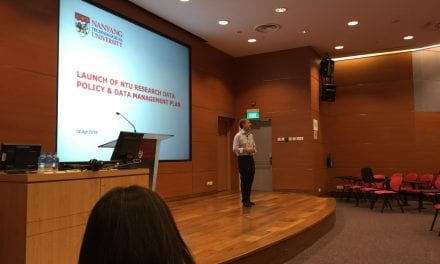6th May 2021 marked the sixth, and final paper discussion in Season 2 of Singapore’s ReproducibiliTea Journal Club. In this week, the journal club wrapped up a series of discussions on open science by tackling the reproducibility crisis itself: using Fanelli (2018)’s opinion article Is science really facing a reproducibility crisis, and do we need it to? Together with cups of tea, biscuits, and a good internet connection, participants from Nanyang Technological University, National Institute of Education, Singapore Management University, and A*STAR came together on Zoom to share their views on reproducibility narratives.
Facilitated by Lim Mengyu, the session began with a quick summary of Fanelli (2018), presenting evidence of the reproducibility crisis in various social sciences. The article addressed the reproducibility crisis along several potential facets, including (i) False, (ii) Fabricated, (iii) Biased, and (iv) Irreproducible results, and supports each aspect with statistical findings from meta-analyses and opinion polls of contemporary scientists. Additionally, Fanelli (2018) discussed the potential advantages and pitfalls of adopting a ‘crisis’ narrative and suggested an alternative narrative to frame current issues in science and research.
Slides for this week’s discussion can be found here.
The discussion of reproducibility narratives centred on issues of contemporary science, and whether or not these issues amount to a ‘crisis’ in the industry. It was acknowledged that while questionable research practices (QRP) and scientific misconduct are problems in science, the reproducibility issue also includes theoretical and practical disagreements on best research practices, theory construction, data analysis and data interpretation processes. While QRP and scientific misconduct were the focus on Fanelli (2018), we must also strive to improve the rigour of scientific research in other ways.
Next, participants discussed the relevance of a crisis narrative in present day, and how young scientists may react to this narrative. The younger participants shared their views on the crisis narrative, and how they navigate producing valid and reliable science all while being aware of the limitations of research and the scientific method. The discussion then turned to the notion of problems and their accompanying solutions. While several problems of science and replicability existed from long ago, it was only recently that technology has advanced sufficiently to make open science and open data a reality. Participants then attempted to share their projection of future issues open science may face, and potential solutions that could improve open science and create more inclusive and empowering communities for young scientists in non-WEIRD nations. Helpful resources such as Reproducibility of Scientific Results in the EU and Make Data Count were also shared. The session ended with a richer understanding of the development of open science through the years, and a peek at the exciting possibilities for science.
The Singapore ReproducibiliTea Journal Club would like to thank all the organisers, speakers, and valued participants for taking the time to attend the weekly discussion sessions. We will see you again in Season 3!
 Click here for the schedule of the Season 2 Singapore ReproducibiliTea Journal Club sessions.
Click here for the schedule of the Season 2 Singapore ReproducibiliTea Journal Club sessions.








